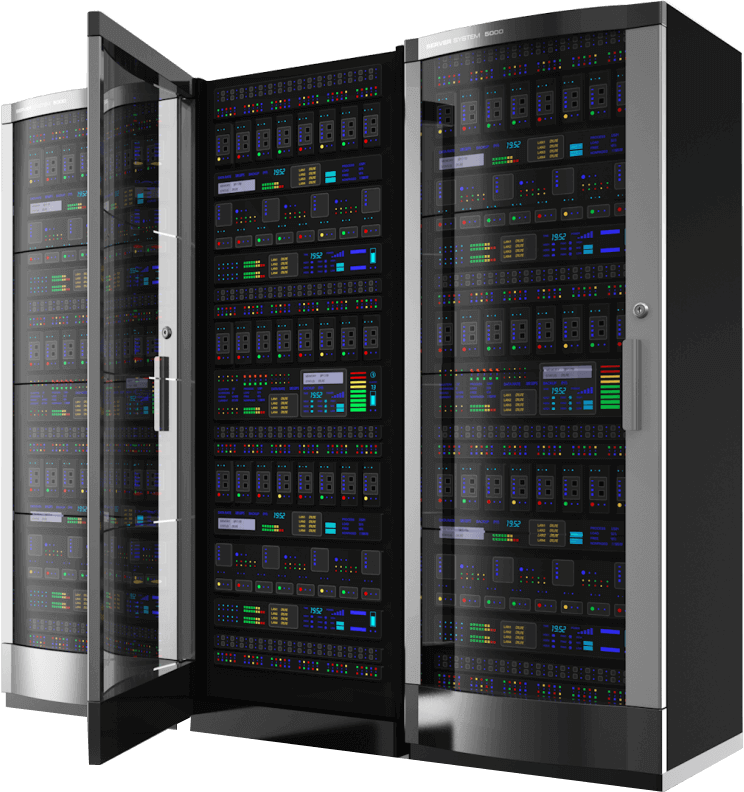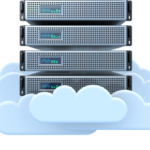
Rent Space in a Data Center: Maximizing Efficiency and Performance
Introduction
In today’s digital age, businesses rely heavily on robust data infrastructure to power their operations. As the volume of data continues to grow exponentially, organizations are increasingly turning to data centers to meet their evolving needs for storage, processing, and connectivity. Renting space in a data center offers numerous advantages, including scalability, reliability, security, and cost-effectiveness. In this comprehensive guide, we’ll explore the benefits of renting space in a data center, considerations for selecting the right provider, and best practices for optimizing your data center environment.
Understanding Data Center Space Rental
Renting space in a data center involves leasing physical or virtual space within a facility to house servers, networking equipment, storage systems, and other IT infrastructure components. Data center space rental options vary in size, configuration, and service levels, allowing businesses to customize their environment based on their specific requirements. Whether you need a single rack, a private suite, or a dedicated cage, data center providers offer flexible solutions to accommodate businesses of all sizes and industries.
Advantages of Renting Space in a Data Center
Scalability
Data center space rental offers scalability, allowing businesses to scale their infrastructure up or down as needed to accommodate changing demands and growth.
Reliability
Data centers are designed to provide high levels of reliability and uptime, with redundant power, cooling, and network connectivity to ensure continuous operation.
Security
Data center facilities employ robust security measures, including physical access controls, surveillance systems, and biometric authentication, to protect sensitive data and infrastructure.
Cost-Effectiveness
Renting space in a data center eliminates the need for businesses to invest in building and maintaining their infrastructure, reducing capital expenditures and operational costs.
Connectivity
Data centers offer access to high-speed, redundant network connections and connectivity to cloud providers, enabling businesses to connect with customers, partners, and resources more efficiently.
Considerations for Selecting a Data Center Provider
When choosing a data center provider for space rental, several factors should be considered to ensure the provider meets your business needs and objectives:
Location
Consider the location of the data center facility in relation to your business operations, customers, and connectivity requirements.
Reliability and Redundancy
Assess the provider’s reliability track record and redundancy measures, including power, cooling, and network infrastructure.
Security
Evaluate the provider’s security protocols and certifications to ensure the protection of your data and infrastructure.
Scalability
Determine whether the provider offers scalability options to accommodate future growth and expansion.
Service Level Agreements (SLAs)
Review the provider’s SLAs for uptime, performance, and support to ensure alignment with your business requirements.
Best Practices for Optimizing Data Center Space
Once you’ve selected a data center provider and rented space, it’s essential to optimize your environment for maximum efficiency and performance:
Efficient Use of Space
Maximize the use of available space by consolidating hardware, optimizing rack layout, and minimizing cable clutter.
Proper Cooling and Airflow
Ensure proper cooling and airflow management to maintain optimal temperature and humidity levels and prevent hot spots.
Power Management
Implement power management strategies, such as energy-efficient hardware, virtualization, and load balancing, to minimize energy consumption and costs.
Remote Monitoring and Management
Utilize remote monitoring and management tools to track performance, detect issues, and perform maintenance tasks proactively.
Regular Maintenance and Upkeep
Schedule regular maintenance and upkeep of equipment, including firmware updates, hardware inspections, and cleaning, to ensure optimal performance and longevity.
Conclusion
Renting space in a data center offers businesses a range of benefits, including scalability, reliability, security, and cost-effectiveness. By selecting the right data center provider, considering key factors such as location, reliability, security, and scalability, and implementing best practices for optimizing data center space, organizations can maximize efficiency and performance while minimizing costs and risks. Whether you’re a small startup or a large enterprise, renting space in a data center can provide the infrastructure foundation you need to succeed in today’s digital economy.
